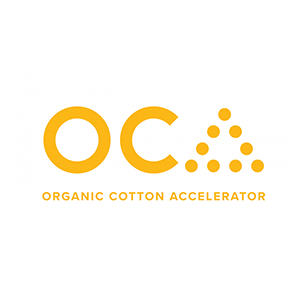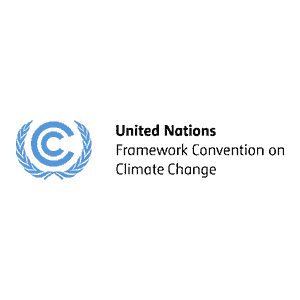International Cooperation
The Textiles Partnership cooperates with initiatives using the OECD Due Diligence Guidance for Responsible Supply Chains in the Garment and Footwear Sector as the basis for a sustainable and future-compliant textiles industry. Many members of the Textiles Partnership are also part of other initiatives. Thus, working closely together, coordinating activities, and recognising the efforts of other members can result in a greater impact, while also reducing the efforts for all actors involved.
ACT Action, Collaboration,
Transformation
The collaboration allows the members of the Textiles Partnership to use the Self-Assessment-Tool for purchasing practises developed by ACT. On-site cooperations are planned for select production countries in the future.
Frank Hoffer, Executive Director, ACT
“The challenges with living wages are so complex that we can only deliver specific and universal improvements for workers together.”
FWF - Fair Wear Foundation
The cooperation covers the topic of living wages and allows for a professional exchange about complaints mechanisms.
Alexander Kohnstamm, Executive Director, FWF
“Both initiatives want to show that sustainable garment production is possible. We are excited to work together to support companies in shouldering their responsibility in the supply chain.”
Open Supply Hub
The objective of the cooperation is to strenghten transparency in the industry and the collaboration of the respective stakeholders. The PST supports the accessible, collaborative, supply chain mapping platform of the Open Supply Hub.
Katie Shaw, Chief Operating Officer, OAR
'We look forward to benefiting from the deep expertise and extensive network of the Partnership as we work to raise awareness of the OAR as an enabling technology for supply chain management and data sharing.'
Organic Cotton Accelerator
The cooperation helps to achieve the joint goal in sustainable cotton. OCA gives Partnership members direct access to small farmers and helps build the necessary capacities for organic cotton production.
Cascale
The aim is to adapt sustainability requirements for enterprises based on information contained in the OECD Due Diligence Guidance. In this way, equal competitive conditions can be implemented across national borders.
Baptiste Carriere-Pradal, Vice President Europe, Cascale
“By working together, we are customising our initiatives' instruments for brands and retailers. By doing so, we are helping to ensure a level playing field beyond national borders.”
SAICM - Strategic Approach to International Chemicals Management
In this cooperation, the Textiles Partnership contributes to the international process of chemical safety by sharing sector-specific knowledge.
Textile Exchange
This collaboration aims at harmonising international requirements and standards regarding sustainability in the field of fibres. Additionally, the use of sustainable materials shall be strengthened.
Liesl Truscott, Director of European & Materials Strategy, Textile Exchange
“As an international initiative, Textile Exchange views cooperation with the Textiles Partnership as critical in advancing the use of sustainable fibers in the textile sector.”
UN Framework Convention on Climate Change
Das Bündnis für nachhaltige Textilien gehört seit 2018 als Supporting Organisation der Fashion Industry Charter for Climate Action an. Sie ist Teil der Klimarahmenkonvention der Vereinten Nationen (United Nations Framework Convention on Climate Change, UNFCCC).
ZDHC - Zero Discharge of Hazardous Chemicals
The initiatives coordinate their development of training and support materials about chemical management with each other.
Frank Michel, Executive Director, ZDHC
“Together with the Textiles Partnership and its members, we are substituting hazardous chemicals in the production of textiles and thus helping to improve environmental and working conditions in manufacturing countries.”











